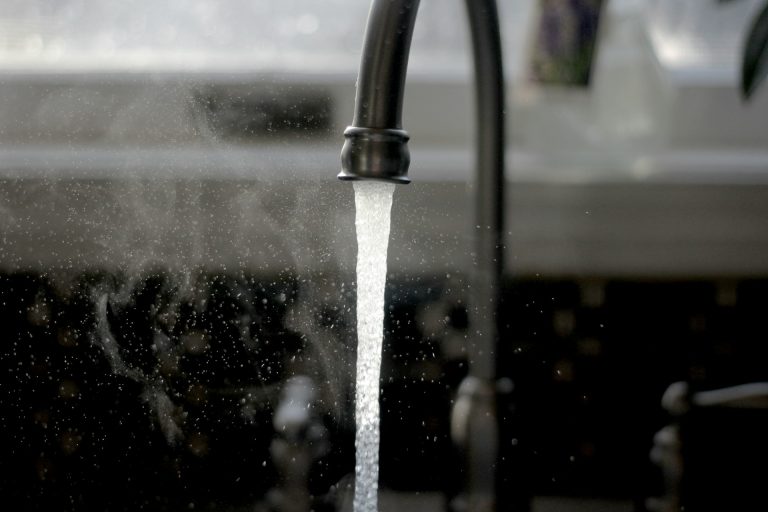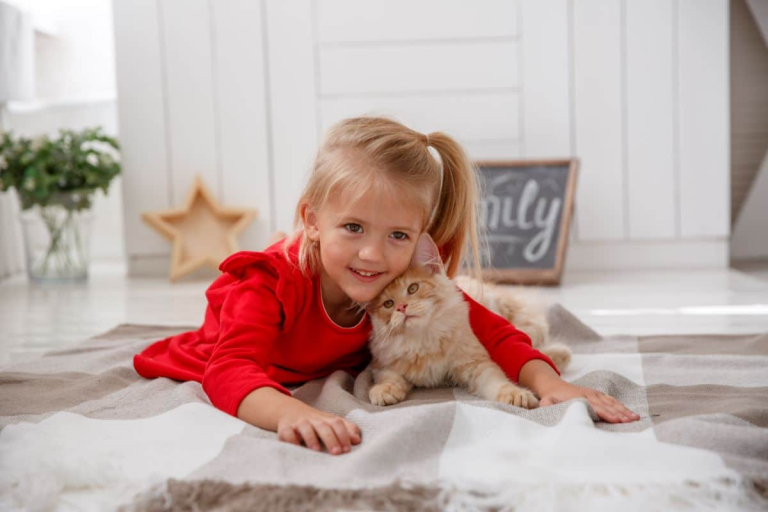What Are the Best Materials for Building a Durable and Weatherproof Chicken Enclosure?

Building a durable and weatherproof chicken enclosure is essential for the health and safety of your backyard chickens.
The right materials can make all the difference in ensuring your chicken coops last through various weather conditions while providing a comfortable home for your flock. Explore the best materials for constructing a sturdy and weather-resistant chicken coop.
Understanding the Basics of Poultry Coops
Before discussing specific materials, it’s essential to understand the basics of what makes a good chicken coop.
A chicken coop should be secure, well-ventilated, easy to clean, and resistant to harsh weather conditions. It should also provide adequate space for roosting, nesting, and roaming. Let’s examine the materials that will help achieve these goals.
Pressure-Treated Wood: The Backbone of Your Coop
Pressure-treated wood is a popular choice for building chicken homes. This type of wood is treated with chemicals to resist rot, decay, and insect damage, making it highly durable for outdoor use. It’s beneficial for the framework and structural elements of the coop.
Advantages:
- Longevity: Pressure-treated wood can last for many years without significant deterioration.
- Strength: It provides a sturdy frame that withstands strong winds and heavy snow.
- Versatility: It can be easily cut and shaped to fit various designs and sizes.
Considerations:
- Safety: Ensure the wood is treated with non-toxic chemicals to prevent harm to your chickens. Most pressure-treated wood contains toxic chemicals that you wouldn’t want your chickens or the eggs they will eat exposed to.
- Maintenance: Periodically check for any signs of wear or damage and treat or replace the wood as needed.
Galvanized Steel: A Shield Against the Elements

Galvanized steel is another excellent material for building a chicken home. It is coated with zinc to protect against rust and corrosion, making it ideal for outdoor use. Galvanized steel can be used for roofing, wire mesh, and the coop’s structure.
Advantages:
- Durability: Galvanized steel can withstand harsh weather conditions, including rain, snow, and extreme temperatures.
- Security: It provides strong protection against predators.
- Low Maintenance: It requires minimal upkeep compared to other materials.
Considerations:
- Cost: Galvanized steel can be more expensive than other materials, but its durability often justifies the cost.
- Insulation: Ensure proper insulation to prevent the coop from becoming too hot in summer or too cold in winter.
Polycarbonate Panels: Letting in the Light
Polycarbonate panels are an excellent choice for roofing and windows in poultry coops. These panels are lightweight, shatter-resistant, and provide excellent insulation. They also allow natural light to enter the coop, which benefits the chickens’ health and egg production.
Advantages:
- Light Transmission: Polycarbonate panels allow sunlight to enter the coop, creating a bright and healthy environment.
- Insulation: They help maintain a stable temperature inside the coop.
- Durability: These panels can withstand impact and harsh weather conditions.
Considerations:
- UV Protection: Choose panels with UV protection to prevent them from becoming brittle over time.
- Installation: Ensure proper installation to avoid leaks and drafts.
Hardware Cloth: The Best Defense Against Predators
Hardware cloth, a wire mesh type, protects your chickens from predators. It is much stronger and more durable than traditional chicken wire, making it the best choice for covering windows, vents, and the run area.
Advantages:
- Security: Hardware cloth provides a robust barrier against predators such as raccoons, foxes, and rats.
- Durability: It can withstand attempts by predators to chew or claw through it.
- Versatility: It can be used for various coop parts, including windows, vents, and the run.
Considerations:
- Installation: Secure the hardware cloth tightly to prevent gaps or loose sections.
- Gauge: Opt for a thicker gauge for added strength and durability.
Concrete: A Solid Foundation

Concrete is an excellent flooring material for your chicken coop. It offers durability and ease of cleaning while preventing burrowing predators.
Advantages:
- Durability: Concrete floors last many years and have minimal wear.
- Cleanliness: Easy to clean and sanitize, promoting a healthy environment.
- Predator Protection: Prevents predators from digging into the coop.
Considerations:
- Comfort: Add bedding like straw or wood shavings for chicken comfort.
- Cost: It is more expensive than other options, but its durability is worth the investment.
Ventilation and Insulation Materials
Proper ventilation and insulation are crucial for a healthy and comfortable chicken coop. Materials like foam board, fiberglass insulation, and adjustable vents help regulate temperature and airflow.
Advantages:
- Temperature Control: Insulation keeps the coop warm in winter and cool in summer.
- Air Quality: Good ventilation prevents moisture and ammonia buildup.
- Comfort: Ensures a comfortable living environment for your chickens.
Considerations:
- Safety: Cover insulation materials to prevent chickens from pecking at them.
- Maintenance: Regularly check and maintain vents and insulation to ensure effectiveness.
Conclusion
Building a durable and weatherproof chicken coop requires a careful selection of materials. Pressure-treated wood, galvanized steel, polycarbonate panels, hardware cloth, and concrete are some of the best options to ensure your coop stands the test of time.
Proper ventilation and insulation are also key to maintaining a healthy environment for your chickens. Choosing suitable materials and maintaining your coop can provide a safe and comfortable home for your backyard chickens.






